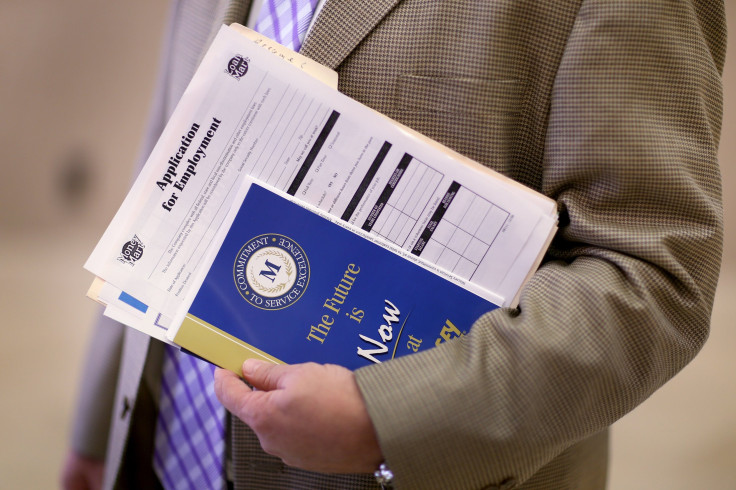Employment Discrimination: Adam Or Mohamed Study Shows Muslims Have A Harder Time Finding Jobs

An English-sounding name might give leverage to job applicants compared to those with a Muslim name. A candidate with the name, “Adam” was offered interviews three times more than one with the name, “Mohamed” despite identical resumes, a BBC News study published Monday found.
The study — carried out by the BBC's Inside Out London — had fake applicants Adam and Mohamed apply to 100 jobs with the same CVs. Adam received 12 jobs interview responses, while Mohamed obtained four.
“What we've identified very clearly is that the Muslim-sounding person's CV is only likely to get an interview in one out of three cases. I thought the response rate would be less than 50 per cent [for the Muslim-sounding name] so it's worse than I thought, especially in a city like London,” said Tariq Modood, a professor at the University of Bristol who examined the results.
Research by the University of Bristol’s Research Centre for the Study of Ethnicity and Citizenship found that Muslim men were 76 percent less likely to get a job than white, Christian men. Some men with minority-sounding names have noticed that changing their name would help them score an interview. A director for quality at a pharmaceutical company, Yogesh Khrishna Dave, told BBC News he tried to apply to a job with a different name to see if the results varied.
"Someone suggested: 'Why don't you put a very English name on your CV [as well as sending one in your own name]... and see who they might offer the job to?' So I had my name, Yogesh, and John Smith. John Smith got the interview. I got rejected for the interview,” Yogesh said.
Within the past few years, some companies and universities have used the approach of "name-blind" recruitment to prevent unconscious preferences. Some success has been achieved to eradicate prejudice based on the name of an application: a study in Sweden found that anonymous job applications increased the number of ethnic-minority hires, while research by the Institute of Labor Economics in Germany concluded that name-blind applications increased the liklihood of ethnic-minority applicants obtaining interviews.
© Copyright IBTimes 2024. All rights reserved.












